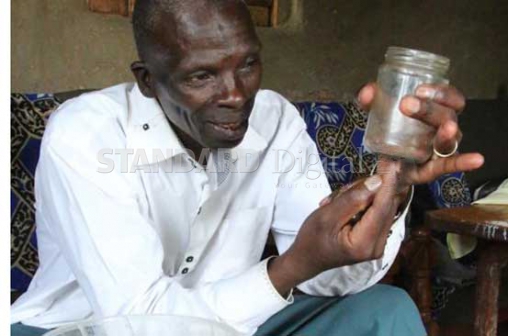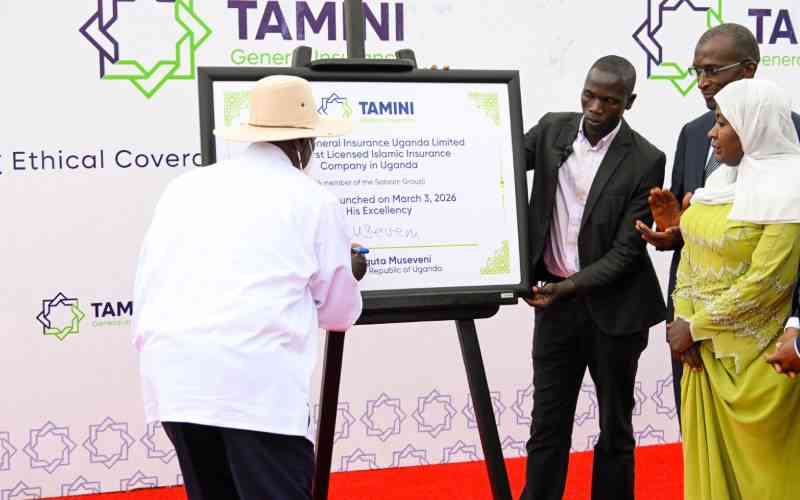×
The Standard e-Paper
Home To Bold Columnists

“I will rather sleep, sit and walk with my bees than use space in my house for bed, TV or radio which cannot give me any income.”
These are the words of Kakamega bee man John Muremi. For 40 years, Muremi, 52, has done what many cannot contemplate: live with bees under the same roof with his family.







